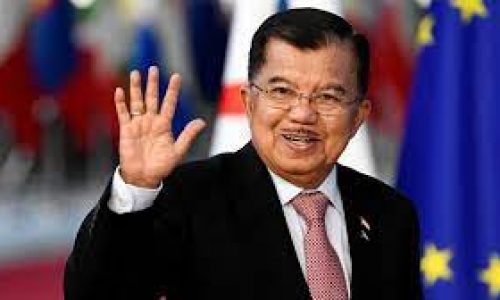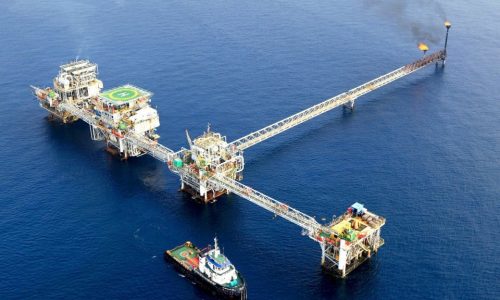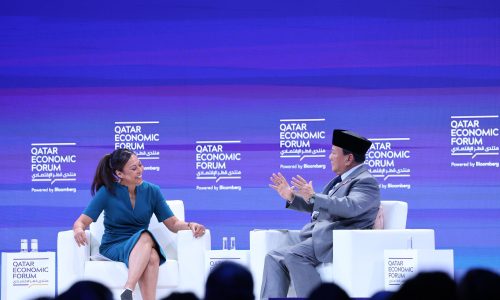Bank Indonesia (BI) expressed its readiness to redenominate the Rupiah. Despite this, there are dangers of redenomination of the economy if not prepared. Several experts have shed light on the issue.
According to the Indonesian Dictionary (KBBI), redenomination is a simplification of the number of digits in the rupiah denomination without reducing purchasing power, prices or the value of the rupiah for goods and or services, in order for a more efficient and effective payment system in transactions.
According to the Ministry of Finance, the necessary conditions for considering the redenomination program are stable state economic conditions and strong economic growth.
The Ministry of Finance (Ministry of Finance) explained, socialization needs to be intensified so that there is no confusion in transactions. The process is said to take quite a long time, from 7 to 10 years.
This socialization is necessary so that people can understand what the policy is all about and to maintain public trust in the government.
Wrongly implementing redenomination could lead to a negative impact on the economy if the implementation is not appropriate, or the economy is not stable.
BI has previously hinted at plans to redenominate or simplify rupiah currency in 2020. The plan is to redenominate this by reducing the three zeros behind, such as IDR 1,000 to IDR 1.
Government claimed readiness
Redenomination has been prepared for quite some time by the government, along with the steps needed to make it ready.
“We have prepared for redenomination a long time ago, regarding the design and stages, we have prepared this from a long time ago operationally and what are the stages,” said Perry Warjiyo, Governor of BI, on June 22, 2023.
However, the government must consider three factors in implementing the policy. First, macroeconomic conditions must be good. Second, monetary conditions and financial system must be stable. Third, conducive and supportive social and political conditions.
BI asserted that Indonesia’s economic condition is already good, but the right momentum is needed, such as considering current conditions and external propagation effects such as the weakening global economy.
“The stability of our financial system is stable, but global uncertainty still exists,” said Warjiyo.
However, Warjiyo did not explain further the socio-political impact. He said that social and political issues are the government’s business.
Expert responds to redenomination policy
Teuku Rifky, an Economist at the Institute for Economic and Social Research at University of Indonesia (LPEM FEB UI) said that the plan would be difficult to carry out in the near future due to the 2024 general election.
“Usually, regulators will prioritize populist policies in political year [elections] situations,” Rifky said on June 16, 2023.
On the other hand, there is currently no urgency regarding the redenomination plan, because the condition of the rupiah in general is still fine. Meanwhile, redenomination would cost quite a lot and could disrupt international trading activities.
“I don’t think there is a significant advantage in this redenomination, while the need or cost for execution is actually quite large because it requires long preparation even though there is no real urgency yet,” said Rifky.
The Center of Economic and Law Studies (CELIOS) said that redenomination is not appropriate if it is implemented in the near future in Indonesia.
Because potential issues such as inflation will greatly affect prices after redenomination. For example, the price of goods before redenomination was IDR 9,200 and there is a possibility the price will be IDR 9.5 after redenomination.
Then, this number is rounded up to IDR 10. This shows that the price after redenomination can increase sharply.
BI will have serious problems to overcome from this problem, and Indonesia and BI must learn from the failures of redenomination from Brazil, Russia and Argentina due to a lack of technical preparation, socialization, low trust in the government, and the momentum in the economy.










